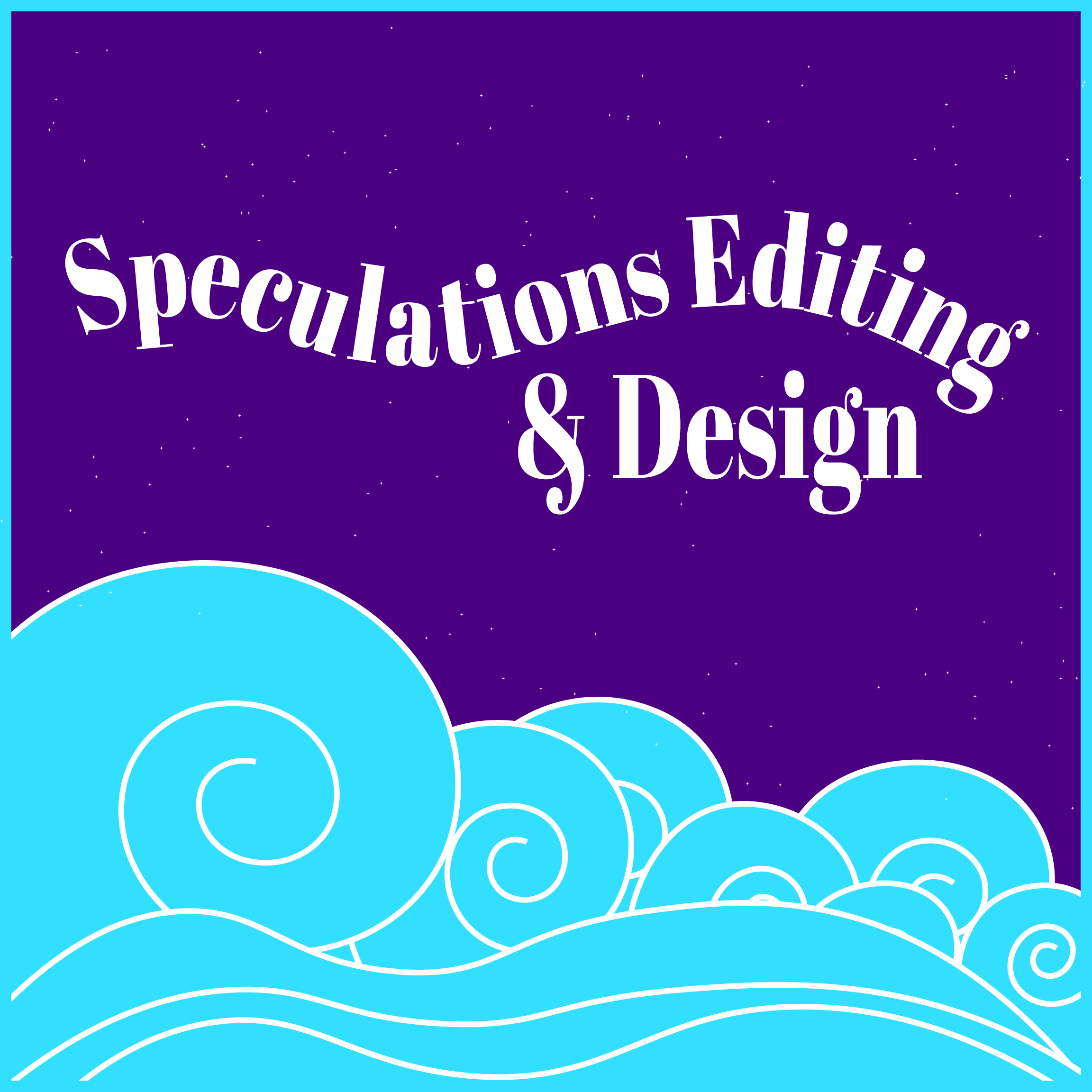Post updated August 29, 2017. Updates are marked with an asterisk.
On July 1, my first Indie Author Guide, Saving Money on Editing & Choosing the Best Editor, will be published on Amazon in ebook format.
This book was inspired by and adapted from several earlier posts on this blog and is now available in paperback and on Kindle, Nook, Kobo, Scribd, and other formats.* It is not simply a compilation of the blog posts. It has been completely edited and integrated. I’ve added updated information.
It’s a handy little resource to have around during the revision phase of writing your book, and it’s a great guide to help you get your manuscript in the best shape possible before you send it to your editor.
It will also help you find the right editor for you and your book.
Saving Money on Editing Availability
I had hoped to offer it on Kindle Unlimited. However, a different version of it, called An Author’s Guide to Saving Money on Editing, is being copublished by the Editorial Freelancers Association later this year. Amazon’s KDP Select program demands exclusivity, so Kindle Unlimited won’t be possible for this book.
The good news is that this means I can publish it more widely later. I can use services such as Ingram Spark, Kobo Writing Life, and Smashwords to distribute my little book to a wider audience at a later date. *The book has now been distributed through Draft2Digital and is also available in paperback.
A paperback version of Saving Money on Editing will also be available soon. I just need to check the proof, which is on its way to me as we speak.
This Is Just the Beginning
Saving Money on Editing is the first in a series of Indie Author Guides aimed at helping indie authors improve their craft and learn the business of self-publishing. I am learning everyday, and as I learn, I want to share that knowledge with you, to make the process of writing and preparing your book for publication as smooth and achievable as possible.
I may very well use this blog in the process of creation. I’d love to hear what you want to learn about. How can I, as an editor, help you solve your writing problems? What questions do you have about writing and self-publishing?
What issues or challenges do you deal with every day that interrupt writing or make the process more difficult? Let me know in the comments or on Twitter. Let’s start a discussion on how we can help each other as authors. Also, how can editors such as myself help authors achieve their goals?
Leave a Comment



